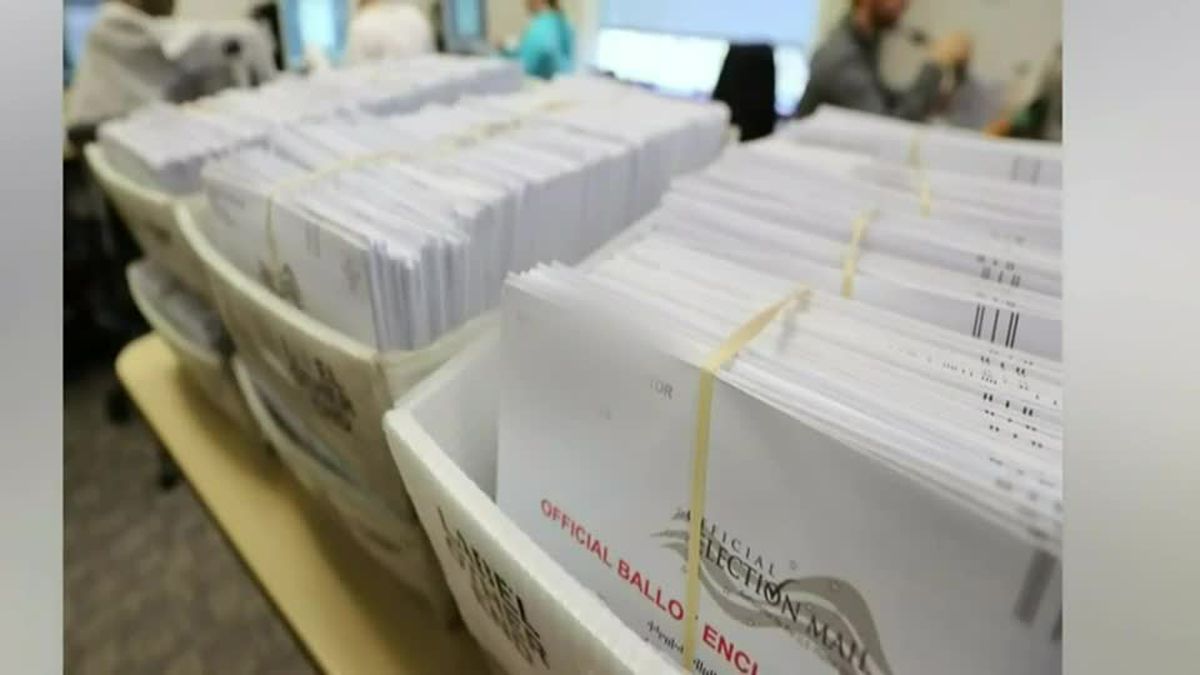Kerby Anderson
Less than two months before a national election, lawsuits are being filed to change election laws. In Georgia, the law used to require that absentee ballots that arrived after Election Day were to be set aside and eventually destroyed. A federal judge now has ordered Georgia officials to count all ballots postmarked by Election Day even if they arrive days later. A similar injunction has been filed in Pennsylvania.
A lawsuit in Ohio is challenging the need for verifying a signature. Minnesota waived a rule that absentee ballots must be signed by a witness. Lawyers for the Trump campaign have challenged that decision.
All of this legal activity is due to the fact that we may see a major amount of absentee ballot rejections. The Associated Press estimated that if states reject these ballots at the same rate as the 2020 primaries, up to three times as many voters in battleground states could have their votes discarded.
A survey by NPR discovered that 558,032 absentee votes were tossed out during the 2020 primaries. For example, Wisconsin had 23,196 ballots discarded. In 2016, Donald Trump won Wisconsin by 22,748 votes.
It is easy to see where this will lead if we have a close election. The loser will challenge the fact that thousands of ballots were rejected and call for the state “to count every vote.” The debate will surely end up in the courts. That is why the editors of the Wall Street Journal asked, “Will Courts Pick the Next President?”
If you want your vote to count in this election, the best solution is to vote in-person. Second best is to get a ballot early, fill it out carefully, and mail it early.
 Listen Online
Listen Online Watch Online
Watch Online Find a Station in Your Area
Find a Station in Your Area









 Listen Now
Listen Now Watch Online
Watch Online
